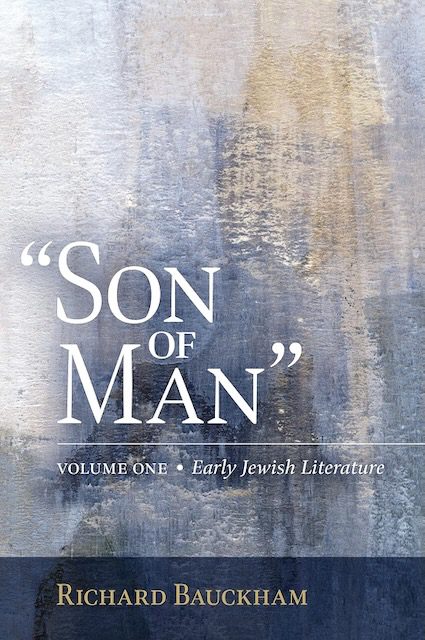Q. In your first major chapter, you have argued that 1 Enoch 70-71, where the Son of Man is identified as Enoch himself, is likely not a secondary portion of the book added later, but rather part of the original document, and that the identification had been hinted at along the way since the beginning of the document. What led you to this conclusion? If correct, would this not suggest that there was early Jewish messianic speculation about a specific human person being the messianic figure of Dan. 7?
A. I am not alone in thinking “that son of man” throughout the Parables is Enoch. James VanderKam, for example, has argued that view. Morna Hooker also compared the Parables to a modern murder mystery where the identity of the murderer is only revealed at the end. In such a case we expect there to be hints that point in that direction through the story, so that readers may at least guess or recognize at the end that the solution fits, as it were, the indications that had been given along the way. I think that model works well for the Parables, and have offered a number of suggestions (some stronger than others) of how the earlier parts of the Parables cohere with the revelation that comes at the end.
I think there was early Jewish speculation about the identity of the figure in Dan 7:13. The general understanding was that he must be a human who had been born on earth in the past and is now in heaven. Enoch is one writer’s answer. Others thought of Joshua or of Hezekiah or of an unknown member of the Davidic house, perhaps a son of Hezekiah, others of David himself. There was no agreed answer, but everyone was trying to answer the same question. The early Christians, of course, had their own answer to precisely this same question.
I have tentatively argued that the Parables of Enoch is dependent on 4 Ezra, where the figure of Dan 7:13 is understood to be some Davidic figure from the past. For his own reasons, the author of the Parables thought Enoch a better candidate, but if he took over material from 4 Ezra that would explain the otherwise odd fact that he applies passages of obvious Davidic significance, such as Isaiah 11, to his messianic figure, who cannot be a descendant of David (even if he is not Enoch).













